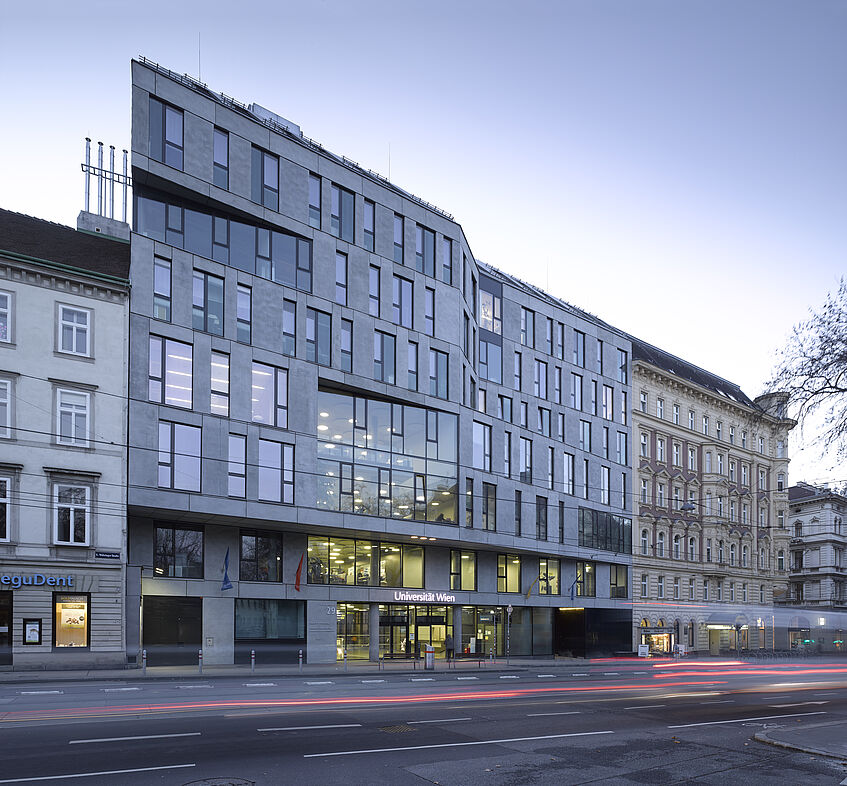Governance Structure of DoCS
Main Bodies of DoCS and Their Responsibilities
The Speaker is responsible for managing DoCS: they make budgetary decisions, coordinate the steering committee meetings, represent the school to the scientific advisory board as well as the rectorate, and present the annual report to the rectorate.
The Vice-Speaker is the Director of the Doctoral Studies Programme: they coordinate the pooled calls for applications of the doctoral school, are responsible for organizational matters for doctoral candidates in cohorts and topic clusters and doctoral curriculum agendas, organize the faculty-open presentations as well as convene and lead the study conference.
The DoCS is governed by the Steering Committee, who make all major strategic (i.e. non-operational) decisions with a two-thirds majority vote. The committee consists of the Speaker of DoCS, the DSPL, the Vice-DSPLs, the Dean of the Faculty of Computer Science (or a Vice-Dean if the Dean delegates the duty), the Topic Cluster Chairs as well as the Speaker and the Vice-Speaker of the doctoral candidates. The speaker and vice-speaker of the doctoral candidates are non-voting members.
The committee is chaired by the Speaker. Meetings take place at least once a semester. A recommendation for persons to fill the roles of the Speaker and the DSPL is made by the steering committee and decided on by majority vote in the meeting of the sub-unit heads of the Faculty of Computer Science. The Speaker and DSPL of DoCS have the same tenure as Dean and Vice-Dean, i.e. they currently serve a two-year term.
Doctoral Advisory Boards advise the Studienpräses, the directorate of studies, students and supervisors. The official appointment procedure for members to advisory boards is specified in the Statutes of the University of Vienna. The Doctoral Advisory Board is particularly important for the faculty-open presentations. A doctoral advisory board is responsible for one or several field/s of doctoral research or a larger sub-field of a field of doctoral research in a curriculum.
The University of Vienna’s Organisation Plan allows for the setting up of scientific advisory boards (SABs) both on the faculty and centre level, as well as on the level of the overall University. These advisory boards, made up of external experts, are aimed at strengthening the University of Vienna's international orientation and international focus in its research and teaching activities. Proposals for appointments to the scientific advisory boards for faculties and centres are made by the individual faculties and centres. Scientific advisory boards serve in a consultative function and are designed to support the faculty or centre particularly in development planning, as well as in the development of target agreements and in their implementation.
- Student Representatives
The doctoral candidates elect a speaker and a vice-speaker (who are non-voting members of the steering committee meetings) every year or (at least) every two years.

